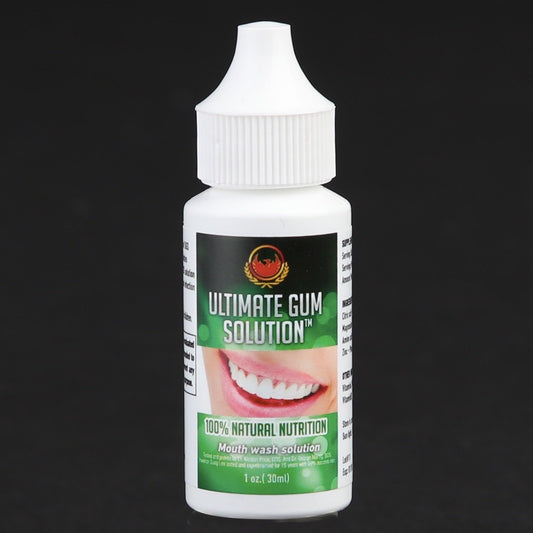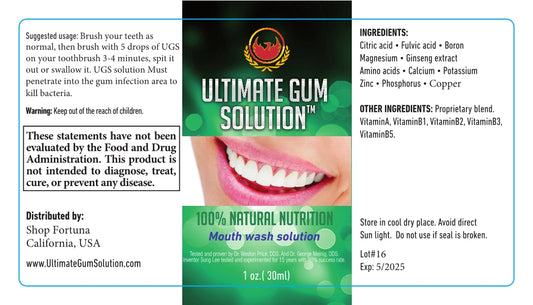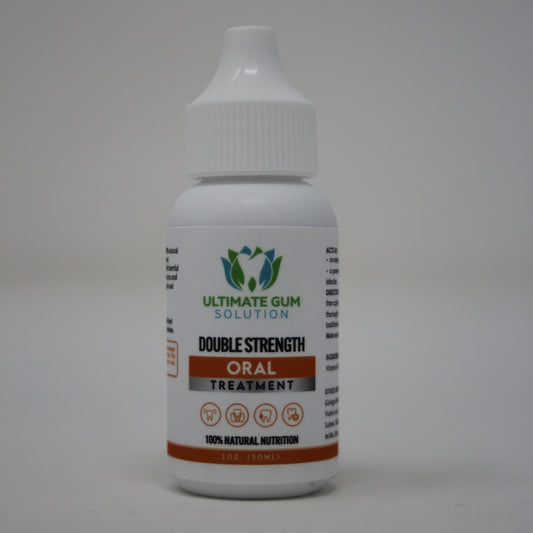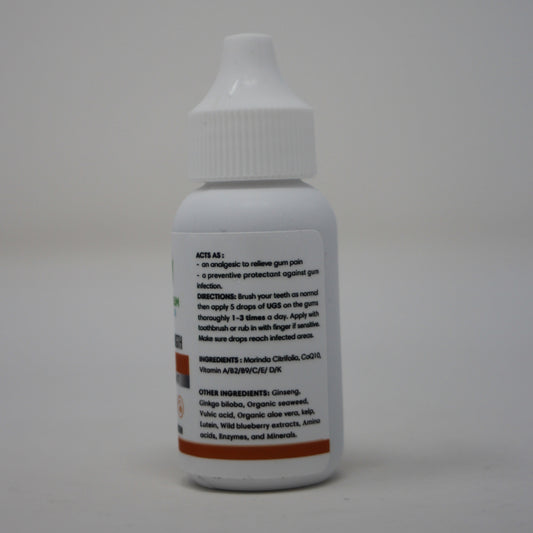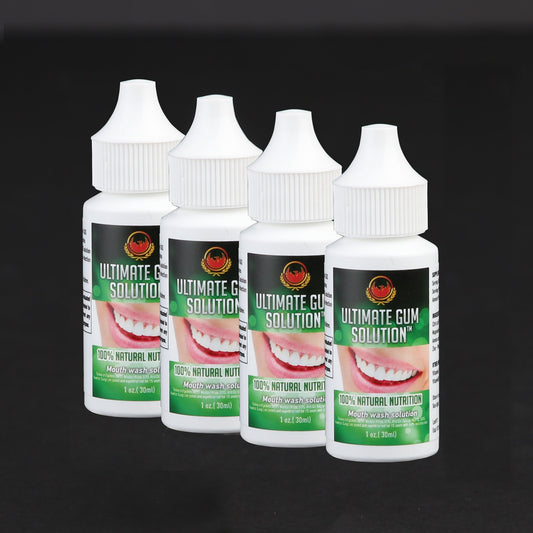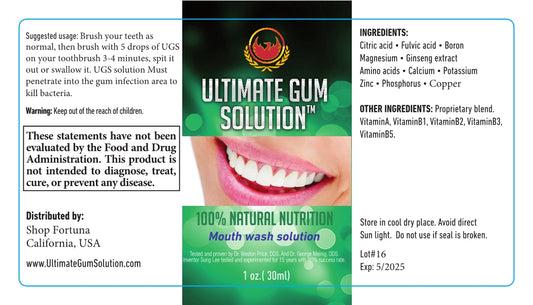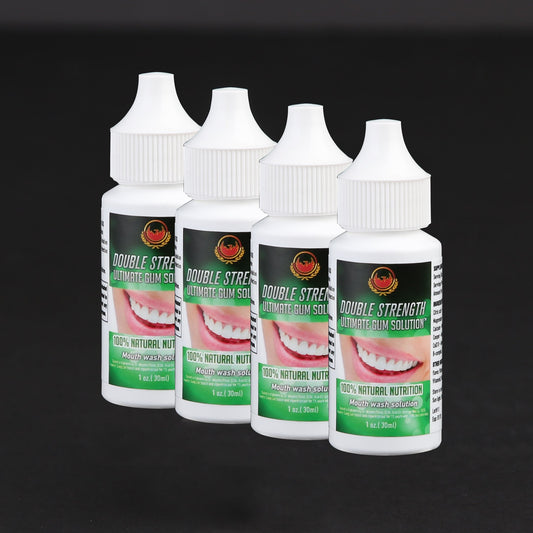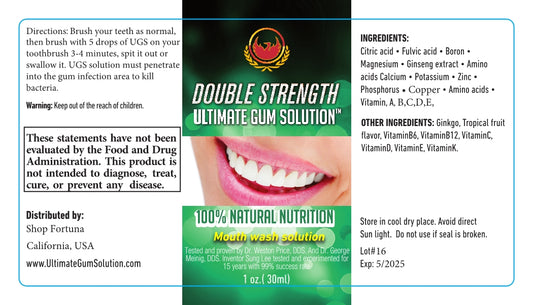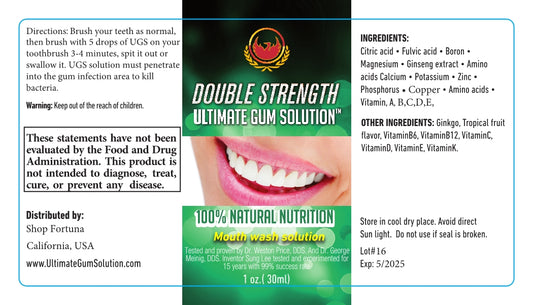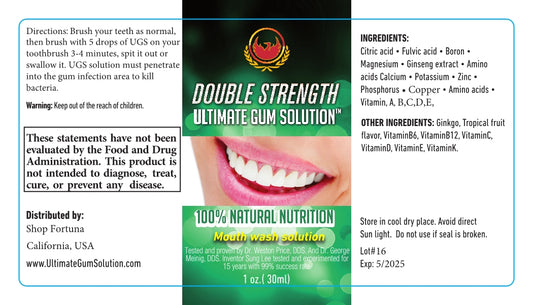Supporting Information
#1 In Dental Care, Hygiene, Health for Bad Breath & Gum Disease offers you information
Gum Surgery: Pros and Cons
The removal of gum tissue to reduce pocket depth to less than 3 mm deep by surgery is the general view held by dentists and dental professionals to treat gum infection. Before deciding for or against surgery you, and your dentist have to decide about the benefits of having surgery.
Gum surgery does not cure dental gum infection problems. Cutting gum tissue is considered a dangerous procedure because it cannot be reversed.
Gum surgery can bring a temporary solution to bleeding and infection, but it does not result in a permanent solution.
By having gum surgery you risk permanent damage to your gum tissue and possible re-infection of your gums . Eventually you may have to have your teeth removed.
Danger arises due to the extensive use of painkillers and systemic antibiotics for a longer period than necessary.
It is expensive. I personally spent more than $25,000 to have gum surgery twice surgery and to replace with partials with original teeth on my right side. If I knew then what I know now, I think I would have kept all my gums and teeth.
If I knew then what I know now -- the KNOWLEDGE AND SOLUTION -- I wouldn't have suffered the pain of surgery, although I am grateful to my dentist for what he did for me at the time because that was the only choice left for me.
It is disfiguring. Your face can look older because some of the gum has to be cut back and more root is exposed.
After gum surgery your teeth and gums feel much more sensitive.
SYMPTOMS OF PERIODONTAL DISEASE:
By checking the symptoms listed below, you can prevent gum infection problems:
Gums that bleed when you brush your teeth every time.
Gums that are tender, swollen, or red and cause discomfort when chewing food.
Constant bad breath expelled whenever you open your mouth.
Gums that no longer have lost the power to hold teeth securely.
Pus in the crevice between your teeth and gums.
Teeth that have been lost, are loose or are separating.
A misaligned bite, or the way the teeth of your lower jaw contact those in your upper jaw.
Ill fitting partial dentures.
FACTORS THAT CONTRIBUTE TO PERIODONTAL DISEASE:
Most periodontal disease is caused by plaque. Other factors, although they are not causes, can raise the risk, increase the severity and hasten the speed with which diseases develop, especially if you don't clean your teeth regularly.
Gums that bleed when you brush your teeth every time.
Smoking or chewing gum and eating lots of sugary food.
Existing periodontal disease.
A family history of periodontal disease, inherited from your family.
An ill fitting bridge.
Impacted teeth because of an accident.
Tooth mobility caused by bad nutrition.
Tooth root length and shape
Oral cysts and other pathological conditions.
Systemic disease, such as uncontrolled diabetes or AIDS
Use of some medications, among them some anti-epilepsy drugs
Malocclusions.
Habitual clenching or grinding of the teeth.
Defective fillings.
Poor nutrition.
Our Products
These are our Best Sellers.
Choose SINGLE Strength for most basic gum diseases with low to moderate issues, and DOUBLE Strength for more serious problems.
Save more money by subscribing to a regular delivery on the product pages! You can cancel the subscription at any time. Buy our popular 4-pack or the 7 or 12 packs for even larger discounts!
-
SINGLE Strength Ultimate Gum Solution 1 oz Bottle
Regular price $17.99 USDRegular priceUnit price per -
DOUBLE Strength Ultimate Gum Solution 1 oz Bottle
Regular price $21.99 USDRegular priceUnit price per -
4-pack SINGLE Strength Ultimate Gum Solution
Regular price $63.99 USDRegular priceUnit price per -
4-pack DOUBLE Strength Ultimate Gum Solution
Regular price $79.99 USDRegular priceUnit price per -
7-pack DOUBLE Strength Ultimate Gum Solution
Regular price $119.99 USDRegular priceUnit price per -
Wholesale 12-pack DOUBLE Strength Ultimate Gum Solution
Regular price $159.99 USDRegular priceUnit price per$192.00 USDSale price $159.99 USDSale
